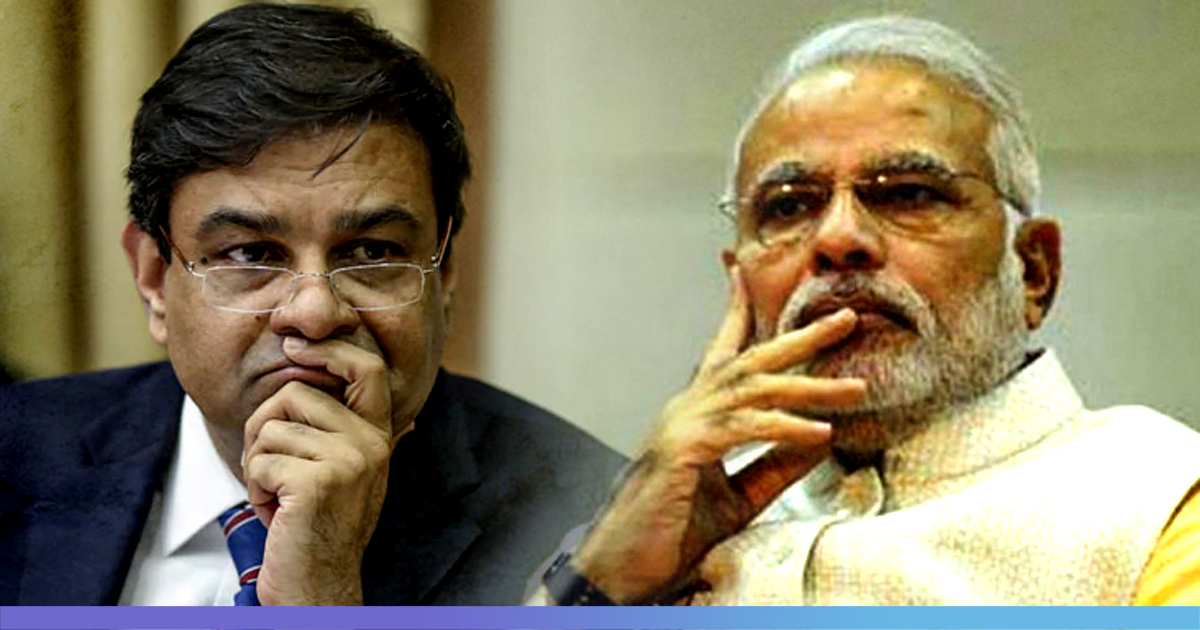Demonetisation Was Done Without RBI's Formal Approval: RTI
12 March 2019 4:15 AM GMT
On November 8, 2016, the Central Board of the Reserve Bank Of India met less than two-and-a-half hours prior to Prime Minister Narendra Modi’s demonetisation announcement and the PM did the demonetisation even without waiting for the central bank’s formal approval.
The minutes of the meeting held on that very day at 5.30 pm said that the bank did not buy the Centre’s justification of demonetisation curbing black money and the circulation of counterfeit money. The then RBI Governor Urjit Patel led Central Board sent their approval to the government 38 days after the currency notes of higher denomination – Rs 500 and Rs 1,000 were banned.
Minutes of meeting received after 28 months
An RTI reply on the minutes of the meeting put by activist Venkatesh Nayak on the website of Commonwealth Human Rights Initiative, reveals that the Ministry of Finance in a draft to RBI stated that growth of bank notes of Rs 500 and Rs 1,000 denomination was 76.38% and 108.98% during the period 2011-16 whereas the economy of the country had only grown by 30% and there was a need of demonetisation.
Opposing the govt’s argument, the RBI directors said, “The growth rate of the economy mentioned is real rate, while the growth in currency in circulation is nominal and when adjusted for inflation, did not constitute any stark difference”.
Congress releases Minutes of the Meeting where RBI has opposed the Demonetisation move of the Modi Govt. pic.twitter.com/YThBCtel3D
— Rachit Seth (@rachitseth) March 11, 2019
The RBI further questioned the revenue department’s findings based on World Bank estimates which said that the shadow economy (black money) of the country constituted 20.7% of the GDP in 1999 and rose to 23.2% in 2017.
The minutes of the meeting finally got disclosed through the RTI after 28 months of demonetisation. Earlier, RBI took help of exemption clause to deny records and deferred to produce any information. However, Nayak’s RTI query seeking records of all meetings of the RBI Central Board of Directors along with the papers, presentations or other documents shed a spotlight on RBI’s disapproval on demonetisation.
RBI directors rebuke govt justification for demonetisation
The RBI directors opined that the majority of black money in the country is held in the form of assets such as gold or real estate and not in cash. They further said that demonetisation would not cause any harm to those assets. Moreover, they feared that demonetisation would plummet down the economy of the country for the short term.
“It is a commendable measure but will have short-term negative effect on GDP for the current year. Most of the black money is held not in the form of cash but in the form of assets such as gold or real estate and that this move would not have a material impact on those assets,” says the RBI’s board.
The minutes hardly commended the Centre’s move. However, it did mention that this move will spur people to be part of the digital economy and help to take the process of financial inclusion. Surprisingly, the minutes did not mention the black money reports by the National Institute of Public Finance and Policy (NIPFP) and two other research institutions, which were appointed by the government to calculate black money.
Also Read: Centre’s Face Of Demonetisation, Shaktikanta Das, Appointed As RBI’s New Governor
 All section
All section














